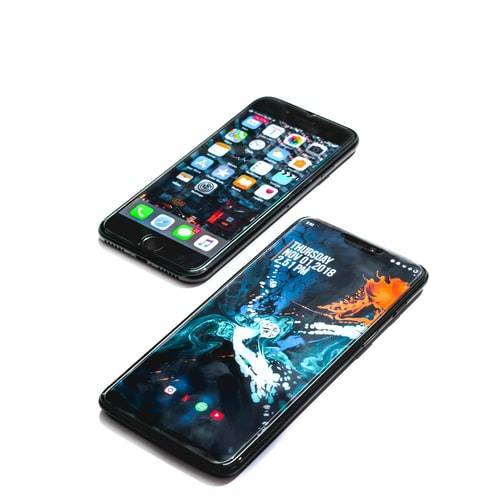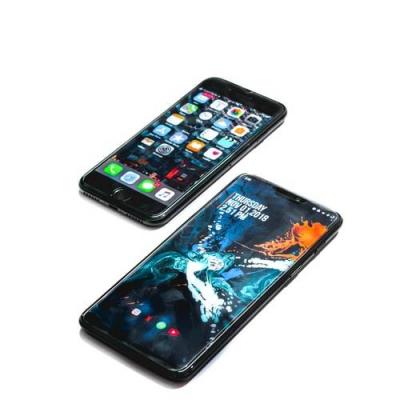Epic Games argues that the maker of iPhones deliberately restricts its customers on the first day of a historic trial against Apple regarding App Store rules. Epic Games seeks to force Apple to open up iPhone app distribution so they can use their own payment processor, bypassing Apple's usual 30% commission on digital goods. A favorable ruling for Epic Games could allow them to present their own app store for iPhones.
Apple contends that it created the App Store and set rules designed to ensure that apps are of high quality and safe. An Apple attorney stated, "Epic Games wants us to be Android, but we do not want to be, and our consumers do not want that either; they want choice." Epic Games argues that the App Store is anti-competitive, and that Apple’s claims about quality and security are essentially excuses to exclude competitors, such as Epic Games' Fortnite, which was removed from the Apple Store last year after it introduced a direct payment mechanism.
Attorneys for both Apple and Epic Games made their opening statements, with Tim Sweeney, the founder and CEO of Epic Games, also testifying. The trial is expected to last three weeks. In its opening statement, Apple affirmed that its rules have helped create a vibrant ecosystem benefiting iPhone developers, with over 1.8 million apps in the App Store. Apple stated that Epic Games made $750 million from the app store and argued that the lawsuit is solely about money, claiming that Epic Games planned this lawsuit alongside a marketing campaign to use Apple technology without paying.
Apple also explained that Epic Games is seeking in the wrong market and cannot demonstrate anti-competitive behavior in the gaming market, as users can switch to Google’s Android, Microsoft’s Xbox, or Sony’s PlayStation. Apple defended its policies by citing its app review department, which manually reviews and approves apps while filtering out malicious ones. It stated that, based on its research, iOS accounts for only 2% of malware incidents across all computing platforms.
An Apple attorney pointed out that according to iPhone security data, these policies protect users and are why Android’s security statistics are much worse. Apple cited Phil Schiller’s remarks, saying, “We considered the fact that the iPhone is a device you carry with you, and therefore it needs to work with you as a phone. We cared deeply about the security of this device to make it more secure and reliable than computers at that time.” According to Apple’s arguments, this is why they do not allow sideloading or manual app installations, as Android does, arguing that if Epic Games wins, it would mean iPhone operating systems would be less secure.




